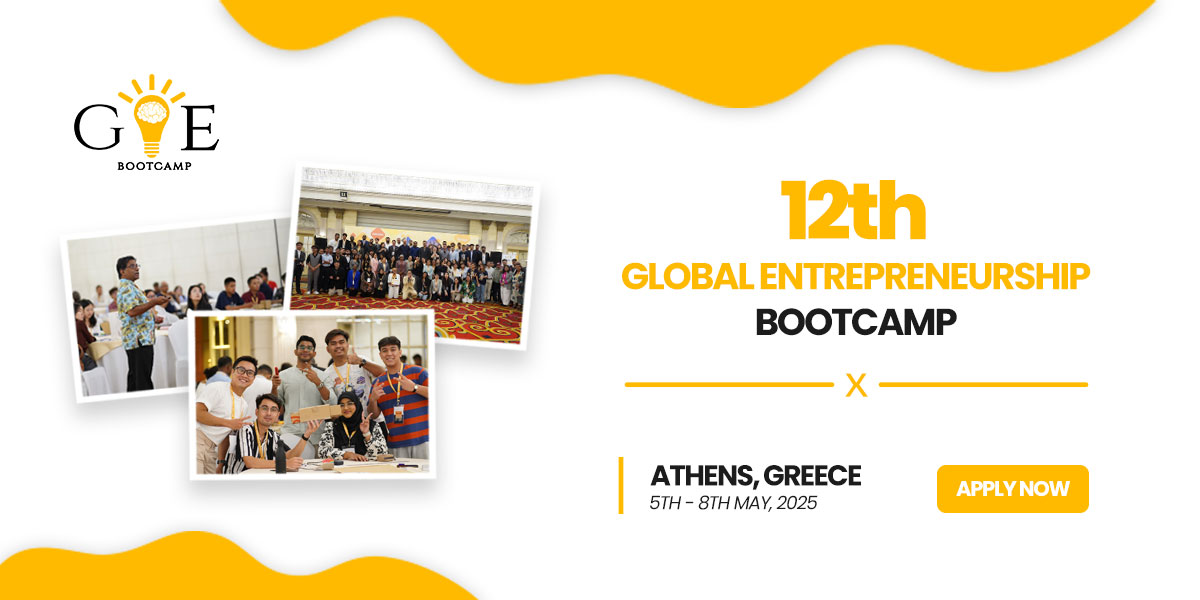
Lead2030 Challenge for SDG 6 ($50,000 grants)
Details
Apply for Lead2030 Challenge for SDG 6. Reckitt is proud to support the Lead2030 challenge for SDG 6. This challenge seeks to support solutions that work to achieve access to adequate and equitable sanitation and hygiene for all and end open defecation, paying special attention to the needs of rural communities in developing economies where basic infrastructure is still lacking. There should be a particular focus on children, women/girls, and those in the most vulnerable.
Challenge Criteria
- Aligned: Evidently aligned with the challenge.
- Youth-led: Founded by a person aged 18 – 30.
- Focused: Well-structured time horizon, identified key stakeholders and beneficiaries, and proposed outcomes that are reasonable and well thought out.
- Market ready: Product/service already in market or ready to go to market.
- Impactful: Solutions must have a positive social impact, for example generating employment, or developing skills.
- Measurable: Impacts of solutions must have been adequately measure and/or be measurable.
- Financially viable: Must be able to achieve efficiency and to survive independently through the resources they generate and/or the investments and donations they attract.
- Scalable: Potential to perform as well or better after expanding in scope or size and/or being transported to other regions.
Prizes
The winning solution of Lead2030 Challenge for SDG 6 will receive a US$50,000 grant from Reckitt; as well as 12 months of mentorship from a team of Reckitt professionals. In addition to that, the mentorship team will work to accelerate your solution based on the needs of your initiative or organization, such as:
- Business strategy
- Best practices for data collection
- Monitoring and evaluation
- Product design
Focus Areas
Applicants should demonstrate impact in at least one of the following areas
- Incentivize and educate vulnerable females in rural communities to alleviate the practice of open defecation to not only prevent the spread of life-threatening diseases but also to empower females to feel safe in their own communities.
- Drive focused behavior change to ensure good hygiene practice and educate on self-sufficient practices to reduce the spread of preventable diseases such as diarrhea.
- Ensure basic sanitation facilities are not just developed but are sustainable in the long term allowing communities to feel empowered to maintain solutions for generations to come.
OYA Opportunities is in Telegram too. Catch us here
Specifications
| Type of Opportunity | Competitions and Awards |
|---|---|
| Deadline | 30 August,2021 |
| Open to | All |
| Organizer | One Young World |
